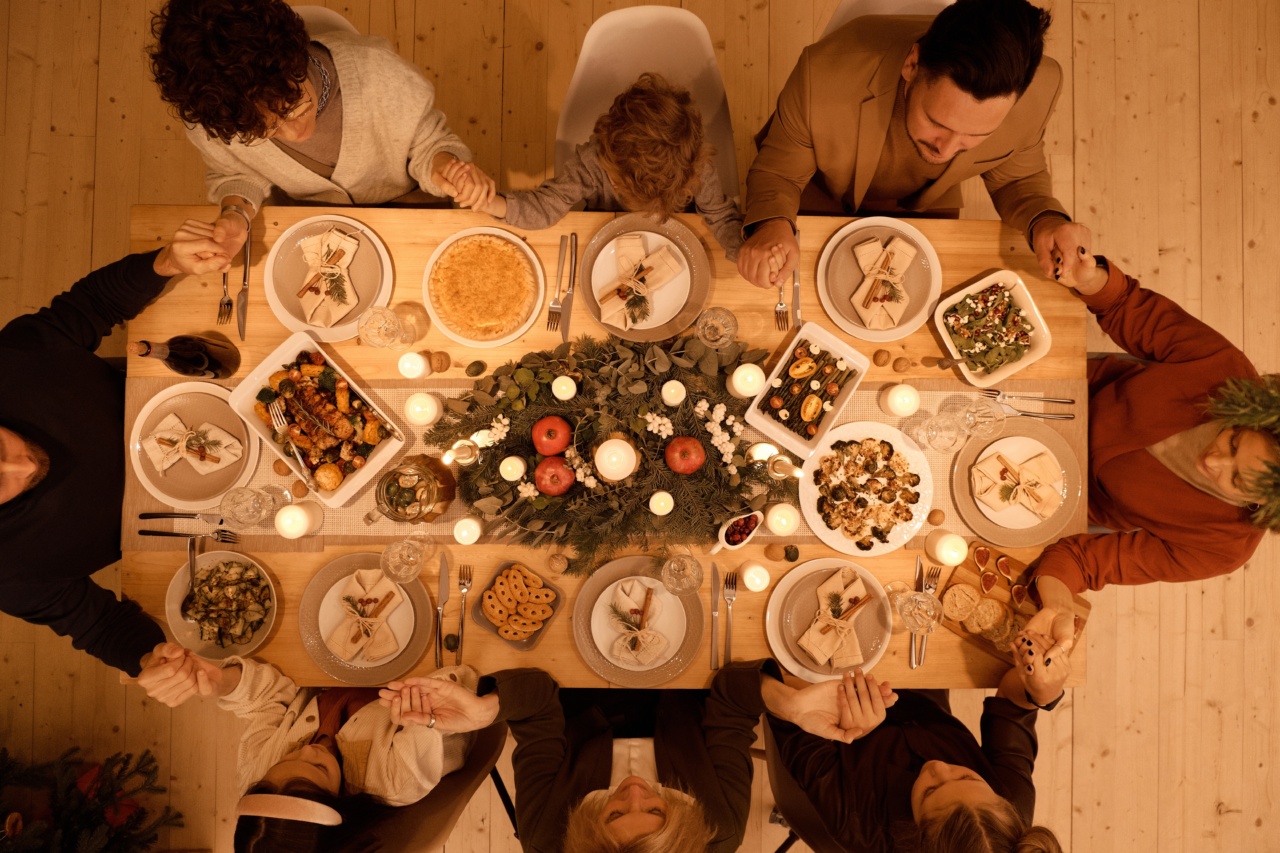The Yuletide season, as they call it, is the merriest and most celebrated time of the year. Everywhere you go, there are colored lights twinkling, carolers singing, and shops selling holiday-themed items.
The holiday season also brings family and friends together to celebrate. But is everything really as festive as it seems at Christmas?.
The Battle of Greed & Debt
As we enter the latter half of the year, stores and malls snowball with early Christmas sales and promotions. This year everyone is on a mission to buy the best Christmas gift for their family and friends.
With family budgets getting tighter, most people might keep their expenses in control, but the season of giving often brings impulses of overspending. The society we live in always has a herd mentality, and everyone wants to celebrate the “perfect” Christmas. But how many of us really think about the long-term financial impact of overspending?.
According to research, most consumers overspend during the holiday season. A report from MagnifyMoney shows that, on average, shoppers rack up $1,054 in debt during the holidays.
The cycle of consumer frenzy, coupled with low-interest rates and easy credit availability, has caused annual overspending records during Christmas. Debt, in turn, causes the feeling of isolation and stress. It is imperative to understand that your happiness should not revolve around how much you spend during the holidays.
The Social Pressure Trap
In this digital era, social media has a strong influence on our daily lives. People often share their holiday experiences with family and friends online.
It’s easy to get caught up in the social media trap; everyone wants to showcase something unique, something that their family and friends will talk about for a long time. Everyone wants to create a picturesque world of Christmas to share online.
The pressure to create something unique often leads to overspend, and those who are unable to meet the expectations often end up stressed and worried about their social image.
It’s important to understand that social media doesn’t define us or our relationships. This holiday season we should all learn to focus on making genuine memories with our family and friends and not get caught up in the social image trap.
The Stress of the Perfectionist Syndrome
When we talk about Christmas, we think about big family meals, beautiful decorations, and lavish gifts. We all want the perfect experience, and we often forget that perfection is not attainable.
The idea of perfection often results in stress, anxiety, and unrealistic expectations.
It is essential to prioritize and set realistic goals for ourselves. We cannot do everything, and we should not try to.
This year, we can opt for potluck dinners where each person brings a dish to share, which reduces stress for the host, or we can also opt-out of making decorations ourselves and opt-in for store-bought decorations. The slightest changes in our mentality have the power to make our Christmas an effortless and perfect experience.
The Emotional Toll on Mental Health
The holidays affect everyone differently. For some, it is an opportunity to celebrate with family and friends, while for others, it’s a dreadful season.
The holidays can cause emotional turmoil, especially for those who feel alone, lost, or overwhelmed. Christmas, as happy as it may feel, can deepen emotions of isolation and sadness.
The best way to overcome such feelings is to acknowledge them. Talk to your family, friends, or even a therapist. There’s no shame in seeking mental health support during the toughest times.
For those who are privileged in society, we should focus on trying to spend a little time and spread joy with the less fortunate. It has the power to teach us empathy and bring balance to the emotional spectrum.
The Environmental Damage of Mass Consumption
Every holiday season, the environment faces an inevitable burden caused by the shopping frenzy. The annual demand for toys, Christmas trees, decorations, and wrapping papers, often leads to innumerable waste and pollution.
It is imperative that we start thinking about how we can reduce the environmental impact of our consumption during Christmas.
Small changes in our approach can make a significant impact. Instead of sending cards that will end up in the trash, we can opt-out of paper cards and send E-cards or email greetings.
We can use sustainable decorations such as solar powered lights or natural materials. We can also buy from thrift stores and try to reuse gift wrapping items. These small actions can set a precedence for our children and future generations, to celebrate the holidays, without burdening the environment.
The Family Conflicts over Obligations
The holidays often come with social obligations. You have to attend several parties; you have to visit family members, and you have to host parties.
The social and emotional pressure to meet expectations can sometimes lead to family conflicts during the holiday season.
It’s essential to communicate and set realistic expectations with your loved ones. Hosts need to understand that their guests might have constraints, and guests need to understand that not everything might go according to plan.
We can all work together towards creating a comfortable and a happy environment during the holidays.
Conclusion
The Christmas season, as grand as it may seem, often comes at a cost, Social, Financial, Emotional, and Environmental. It is up to us to balance the various aspects and create a joyful, inclusive, and meaningful experience for ourselves and others.
This holiday season, let us all pledge to spread love, joy, and happiness, while keeping in mind our responsibility towards society and environment.






























